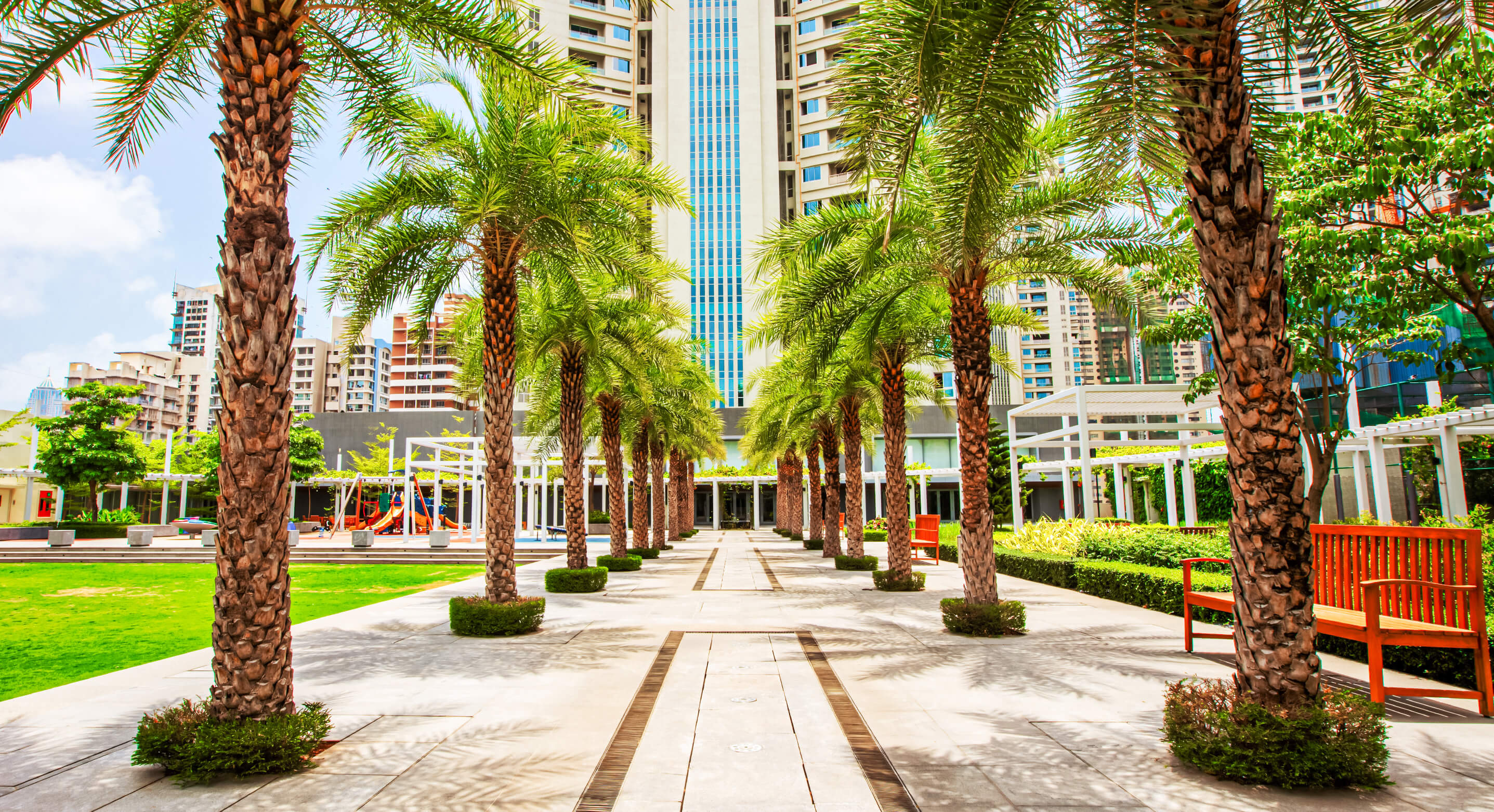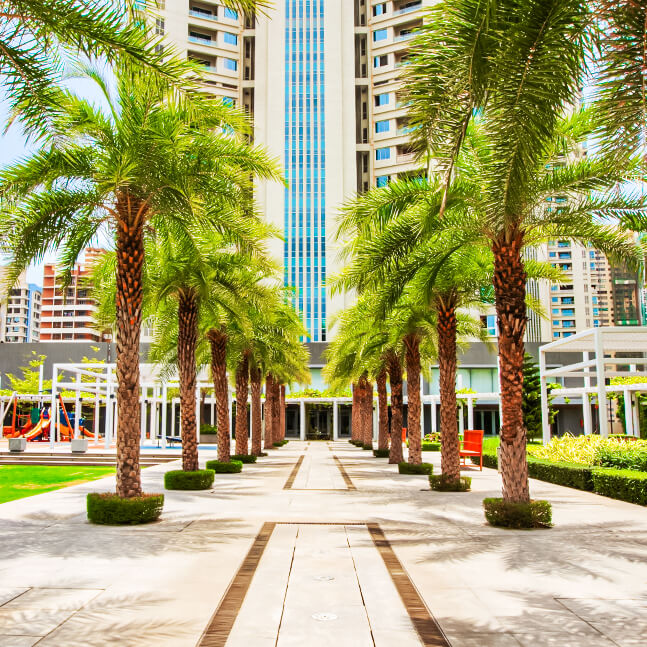News
Sustainable smart homes: Changing the face of Indian real estate
The real estate industry has undergone a significant transformation, in the past few years with sustainability becoming an unavoidable necessity rather than a conscious choice. Developers are now prioritising eco-friendly goals by adopting alternative construction methods to reduce carbon emissions. They are incorporating ecological procedures, such as advanced air conditioning systems, rainwater harvesting, solar panels, water recycling, etc., to efficiently manage the consumption of energy & water.
The increasing demand from global buyers has also given a major push to innovations and investments in smart home technologies, in turn giving rise to ‘green buildings’. ‘Green buildings’ adhere to sustainable standards which fascinate discerning buyers and carry higher property values attracting investors. Furthermore, by implementing stricter building codes and sustainability standards, authorities have also played a significant role in encouraging the adoption of sustainable construction practices throughout the industry.
Achieving sustainability from the beginning
Sustainable construction allows us to conserve our natural resources and is being adopted by reputable developers to help mitigate climate change. Apart from that, these techniques significantly reduce the consumption of non-renewable energy sources and bring down operational expenses. Furthermore, a sustainable building will have more ventilation, utilize non-toxic materials and coatings, and let more natural light into the home, making the construction safe and secure.
Today, responsible developers are engaging in healthy competition to minimise their environmental impact and reduce their carbon footprint. From opting for locally sourced building materials to reusing construction wastes, opting for ‘green power’ during the under-construction phase to implementing solar panels, and using recycled water and organic waste converters (OWC) are a few measures that are being actively put into effect. Low-flow fixtures, such as faucets, showerheads, and toilets, are designed to use significantly less water than traditional fixtures. This leads to reduced water consumption, helping to conserve this precious resource.
According to the KPMG Global Construction Survey 2023, 60% of the respondents envision the benefits of ESG and are aggressively pursuing its maturity and improvement. In the coming years, the real estate sector aims to bridge the gap in the widespread acceptance and integration of eco-friendly techniques to create a healthier, greener, and safer future.
Additionally, gated community projects take this eco-friendly approach to the next level post-occupancy as well. By ensuring 100 percent organic waste management, providing Electric Vehicle charging points for residents, and maintaining a natural green cover within the construction area, long-term sustainability can be achieved.
A ‘smart’ decision for the future
In recent years, smart homes have been identified as an inevitable element in luxury developments. The combination of sustainability and smart technologies creates a powerful force for positive change in the Indian real estate sector. By taking the smart decision of promoting resource efficiency and energy conservation, smart home developers contribute significantly towards mitigating climate change and fostering a sustainable future. Additionally, by leveraging various automation techniques during the development stage enables efficient management of energy, water, and other resources.
While developers are rising to the occasion, buyers too are willing to experiment with the comfort and convenience offered by smart home technologies. It not only offers an elevated lifestyle but also gives environmentally conscious buyers a sense of satisfaction. Moreover, it ensures occupant safety and operational efficiency through advanced technological implementations. This includes an Integrated Building Management System (IBMS) that monitors and controls various building functions, Bluetooth/ NFC / Access Cards / Biometric systems for seamless connectivity and access control, and smart lighting solutions in common areas that optimize energy usage.
Security is further fortified with security cameras for comprehensive remote monitoring. Additionally, the provision of strategic logistics support for home automation enhances convenience and control for residents, ensuring a seamlessly integrated living experience.
Way forward
With sustainable construction techniques and smart homes gaining popularity among developers, it will alter how buildings are conceptualised, built, and operated. Along with environmental preservation, it adheres to regulatory laws and overall well-being.
Source: Construction Week



